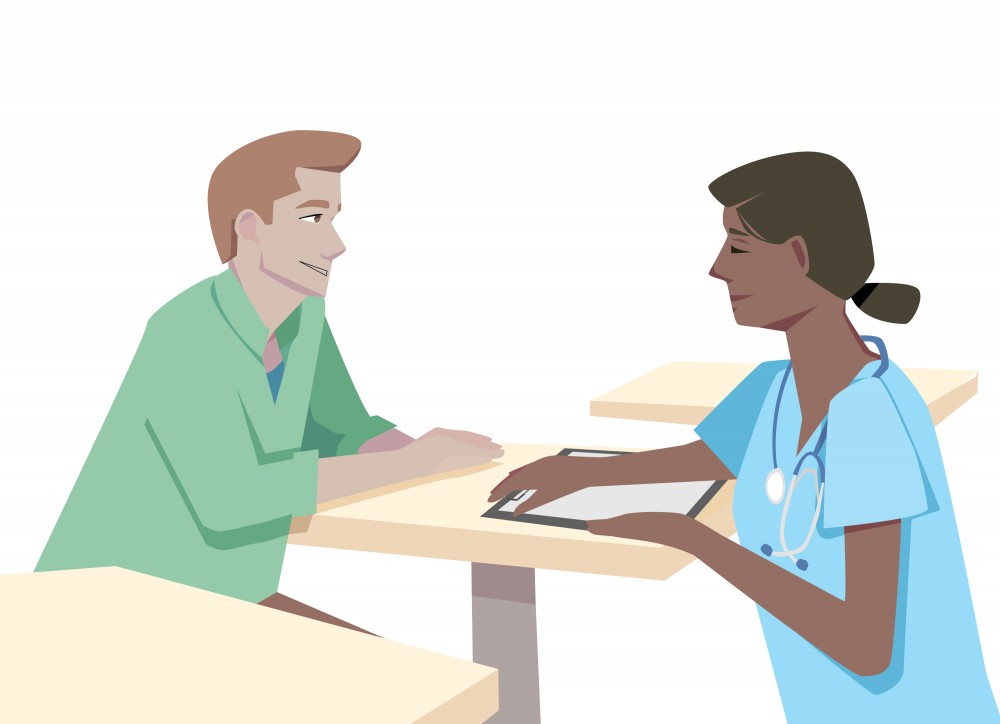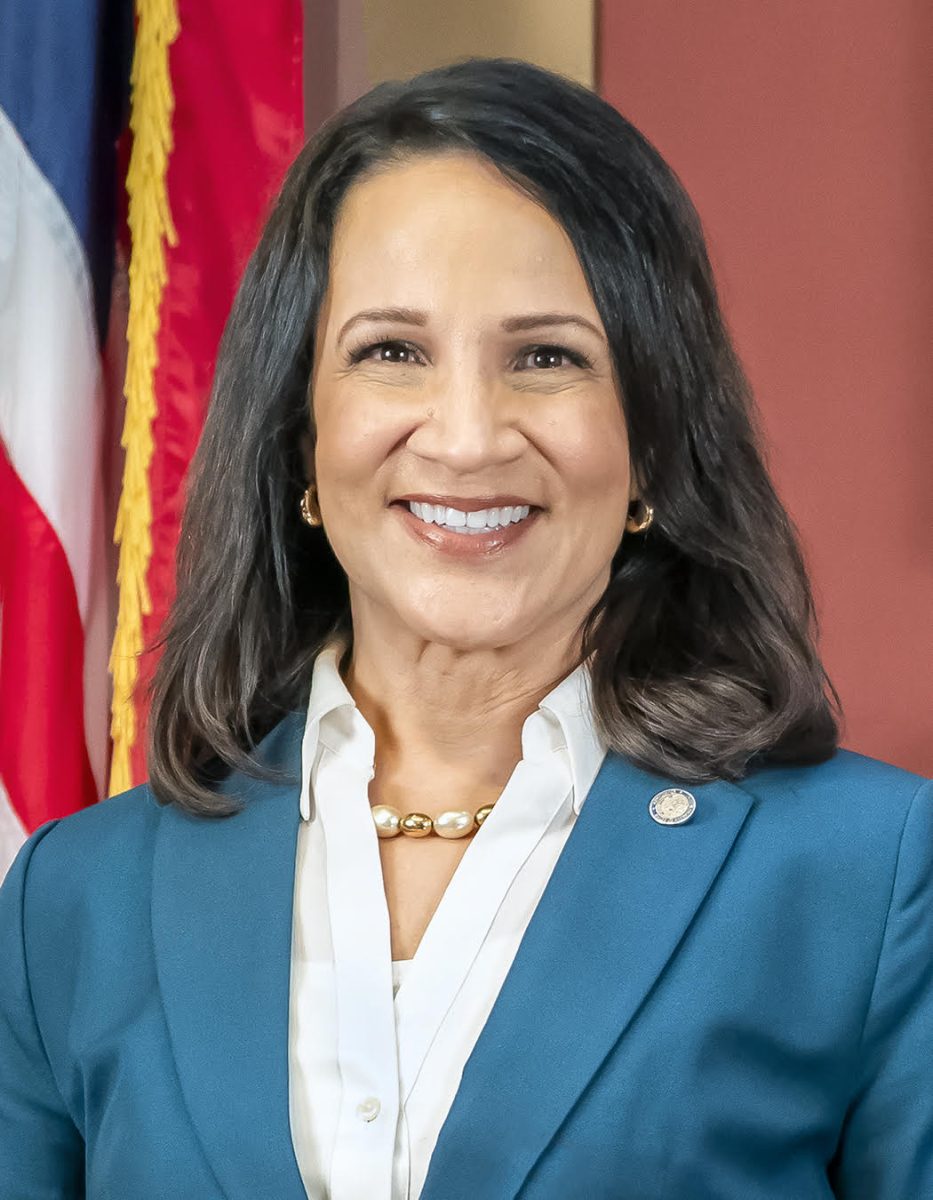The University of Minnesota Medical School is making a number of structural changes to support the mental health of its students.
The Medical School has already implemented some changes to its academic curriculum to reduce student stress, though additional changes will be discussed at a Jan. 29 dean’s forum with Medical School leadership.
The Medical School is allowing a pass-fail grading system in a student’s first two years and has reduced course materials by 10-15 percent. The school has also drafted two new policies: one allowing “no questions asked” excused absences for third and fourth-year students to attend medical and mental health appointments and another requiring rest between work periods to curb overexertion. Both policies will take effect in May.
“We take mental health very seriously, and we try to be very proactive about how we work with students and support students in their mental health,” said Michael Kim, assistant dean for student affairs in the Medical School. “Medical school is very stressful, like most professional schools, and it’s very intense, and sometimes it’s a very isolating experience.”
The Medical School also started providing Confidential Bridging Counseling last month. The new support option was created to address recorded delays for care when using counseling services. Medical School students are now offered a confidential session with a clinical psychologist for free.
More than one-fourth of medical students experience depression and 11 percent experience suicidal ideation, according to a 2016 analysis of over 100,000 medical school students globally. The University Medical School saw one student suicide last spring and the suicide of a recent graduate last summer, Kim said.
He said that while mental health resources have been an ongoing concern, the focus was heightened by these events.
“We know that there are a lot of issues [for] students accessing mental health resources,” Kim said.
Ada Breitenbucher, a Medical School student, said “burnout” can have a significant impact on mental health.
“Medical school is incredibly rigorous and demands a lot of time and energy from students,” Breitenbucher said. “I think a lot of mental health [concern] in medical school is related to depression and burnout. … It’s also very nice to hear our administration interested in making those changes … our deans are interested in making things better for the incoming classes.”
Steve Hermann, director of Boynton Mental Health, said many Medical School students are referred to Boynton’s mental health clinic or Student Counseling Services for mental health care.
The Medical School is one of many departments on campus seeking best practices to support students’ mental health, according to Matt Hanson, assistant director of Boynton Mental Health.
“Departments are trying to figure out what they can provide,” Hanson said. “Everybody on campus is trying to figure it out; how do we help our students … in the best way that we can.”








